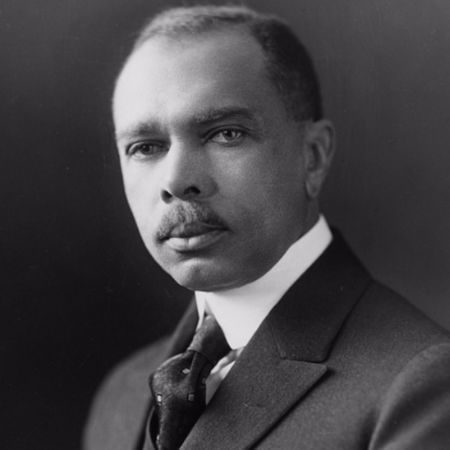James Weldon Johnson
Born: 1871
Born on June 17, 1871, in Jacksonville, Florida, James Weldon Johnson was encouraged by his mother to study English literature and the European musical tradition. He attended Atlanta University, with the hope that the education he received there could be used to further the interests of African Americans. After graduating, he took a job as a high school principal in Jacksonville. In 1900, he wrote the song "Lift Every Voice and Sing" on the occasion of Lincoln's birthday; the song was immensely popular in the black community, and became known as the "Negro National Anthem." Johnson moved to New York in 1901 to work with his brother Rosamond, a composer; after attaining some success as a songwriter for Broadway, he decided in 1906 to take a job as a U.S. consul to Venezuela. While employed by the diplomatic corps, Johnson had poems published in The Century Magazine and The Independent. In 1912, Johnson anonymously published his novel The Autobiography of an Ex-Colored Man (French and Company), the story of a musician who rejects his black roots for a life of material comfort in the white world. The book explores the issue of racial identity in the twentieth century, a common theme for the writers of the Harlem Renaissance. With his talent for persuading people of differing ideologies to work together for a common goal, Johnson became the national organizer for the National Association for the Advancement of Colored People (NAACP) in 1920. He edited The Book of American Negro Poetry (Harcourt Brace, 1922), a major contribution to the history of African-American literature. His book of poetry God's Trombones (Viking Press, 1927) was influenced by his impressions of the rural South, drawn from a trip he took to Georgia while a freshman in college. It was this trip that ignited his interest in the African American folk tradition. James Weldon Johnson died on June 26, 1938. Source
